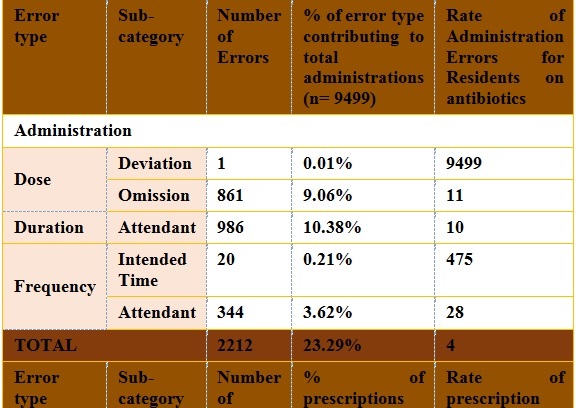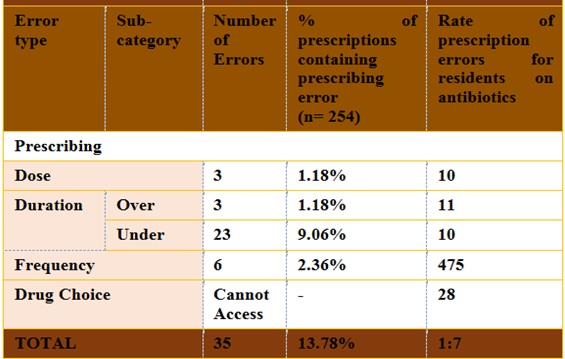
Fadya Al-Hamadani
Cardiff University, UK
Title: Antibiotics in care homes-a retrospective analysis of medicines administration records
Biography
Biography: Fadya Al-Hamadani
Abstract
Statement of the Problem: Residents of care homes are noted for the complexity of their care needs, multiple co-morbidities and the incidence of polypharmacy. This makes them particularly susceptible to medicines related harm. Antibiotic prescribing in care homes is particularly prevalent and their inappropriate administration risks the development of antimicrobial resistance. The aim of this present study was to identify the prevalence and types of prescribing and administration errors related to antibiotics in Care Homes.
Methodology & Theoretical Orientation: A retrospective study was conducted in 12 Care Homes in South Wales over an eight month period (Feb-Oct 2015). Anonymised real-time data was collected from an electronic medicines management system and the prevalence of antibiotic determined. The data was also analyzed for errors related to the prescribing and administration of antibiotics. The type and frequency of medication errors were recorded in excel and selected data was transferred into SPSS for further analysis.
Findings: A total of 142 (43.16%) residents received at least one antibiotic over the study period. The most commonly prescribed antibiotic was trimethoprim (24.6%). Some 9499 administrations were analyzed against pre-defined medication error categories with 2247 medication errors identified, 79.6% of residents were exposed to at least one error. The most frequent administration error type was duration error (44.5%) where the antibiotic was administered either for a period shorter or longer than the prescribed duration, followed by dose omissions errors (38.9%). The most common prescribing error type was similarly duration errors (74.3%).
Conclusion & Significance: This evaluation of the management of antibiotics in care homes in South Wales has revealed that the prevalence of antibiotic prescribing along with the incidence of administration and prescribing errors related to antibiotics is significant. This may result in antimicrobial resistance in a particularly vulnerable patient cohort.

Table.1: Prescribing and administration errors for antibiotics in care homes


